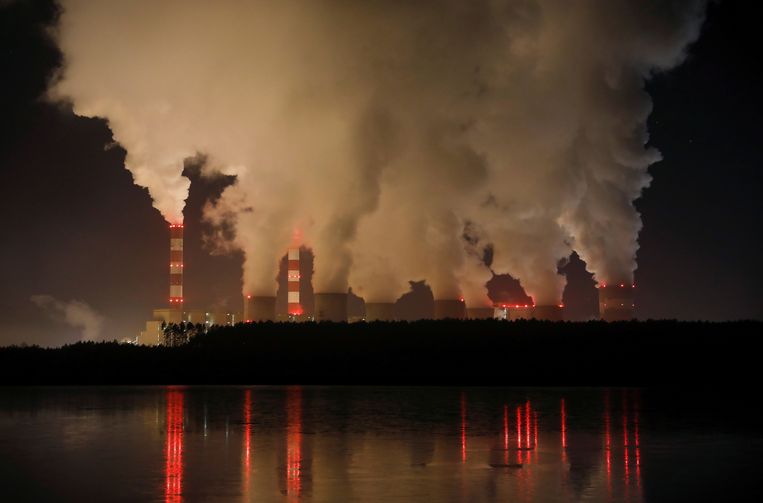Many countries are trying to influence an important report on climate change, the BBC concludes based on a large number of leaked emails seen by the BBC. This is a report from the Intergovernmental Panel on Climate Change. Experts in the United Nations Climate Working Group are identifying the risks of climate change. For their reports, they collect not only all kinds of scientific insights, but also contributions from governments, businesses, and organizations. Through the search platform Unearthed, linked to the environmental organization Greenpeace, the BBC was able to display a draft version of the report (which is due to be published next year) and 32,000 submitted contributions.
According to the radio, most government contributions are constructive and aimed at improving the quality of the final report. But it is clear that some countries are trying to smooth out the points they do not like.
This includes emails from Saudi Arabia, Japan and Australia. These countries want less focus on the need to rapidly reduce fossil fuel use. A senior government official from Australia – a major coal exporter – is said to have disputed the report’s conclusion that coal-fired power plants should be closed.
The Argentine meat producer wants to get rid of references in the report to taxes on red meat and those for “meat Mondays,” an international campaign to avoid eating meat on Mondays. Meanwhile, a few Eastern European countries and India advocate a more positive narrative about the use of nuclear energy.
unwillingness
A spokesperson for the Intergovernmental Panel on Climate Change in Geneva on Thursday tried to put the lobby’s impact on the final report into perspective. “The provisions of the IPCC are designed to ensure that all contributions are evaluated in a balanced, objective and transparent manner.”
But even if the governments involved don’t get what they want and their pressures have no bearing on the conclusions in the climate report, the leaked messages do indeed show the unwillingness of some countries to take action against climate change. And that becomes visible in a very delicate moment. At the end of this month, the COP26 International Climate Conference will begin in Glasgow.
Jennifer Morgan, director of Greenpeace International, has warned that pressure behind the scenes could prevent an ambitious agreement being reached at the climate summit. Far-reaching agreements are urgently needed to achieve the goals set by governments at the 2015 Paris Climate Conference. At the time, they promised to strive to limit global warming to 1.5 degrees Celsius.
According to Morgan, states must now demonstrate a willingness to do things that sometimes conflict with commercial interests, she told the Associated Press news agency. “This meeting in Glasgow comes at a critical time when governments need to be brave.”


“Lifelong food practitioner. Zombie geek. Explorer. Reader. Subtly charming gamer. Entrepreneur. Devoted analyst.”











More Stories
Revealing the ten countries that support Ukraine the most
Funny protest against mass tourism in Galician village
Kamala Harris has wind in her sails, but Trump can still win